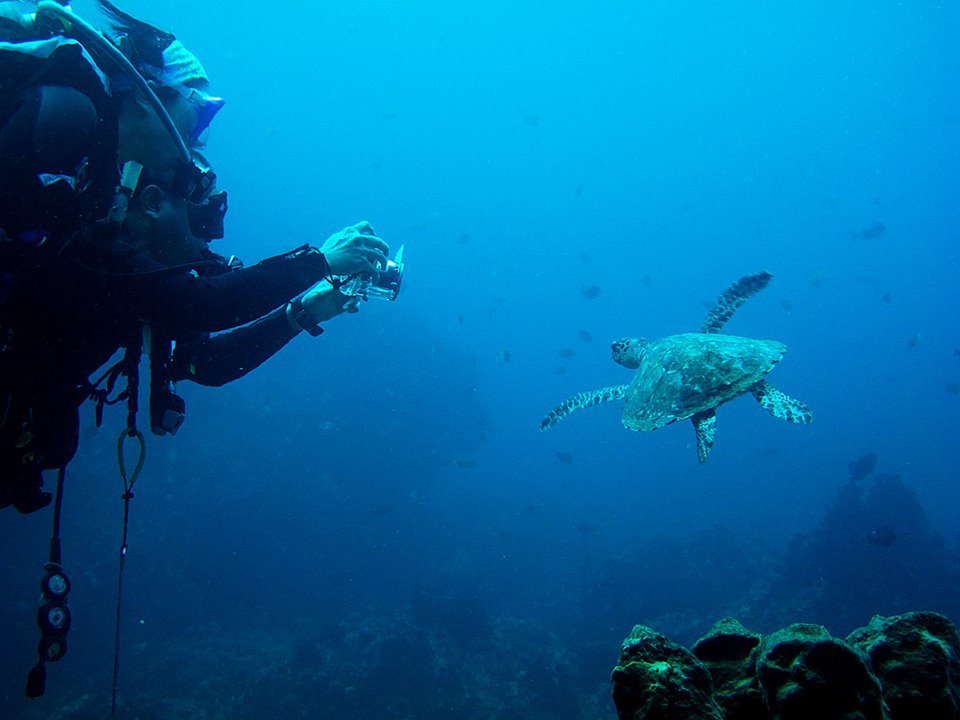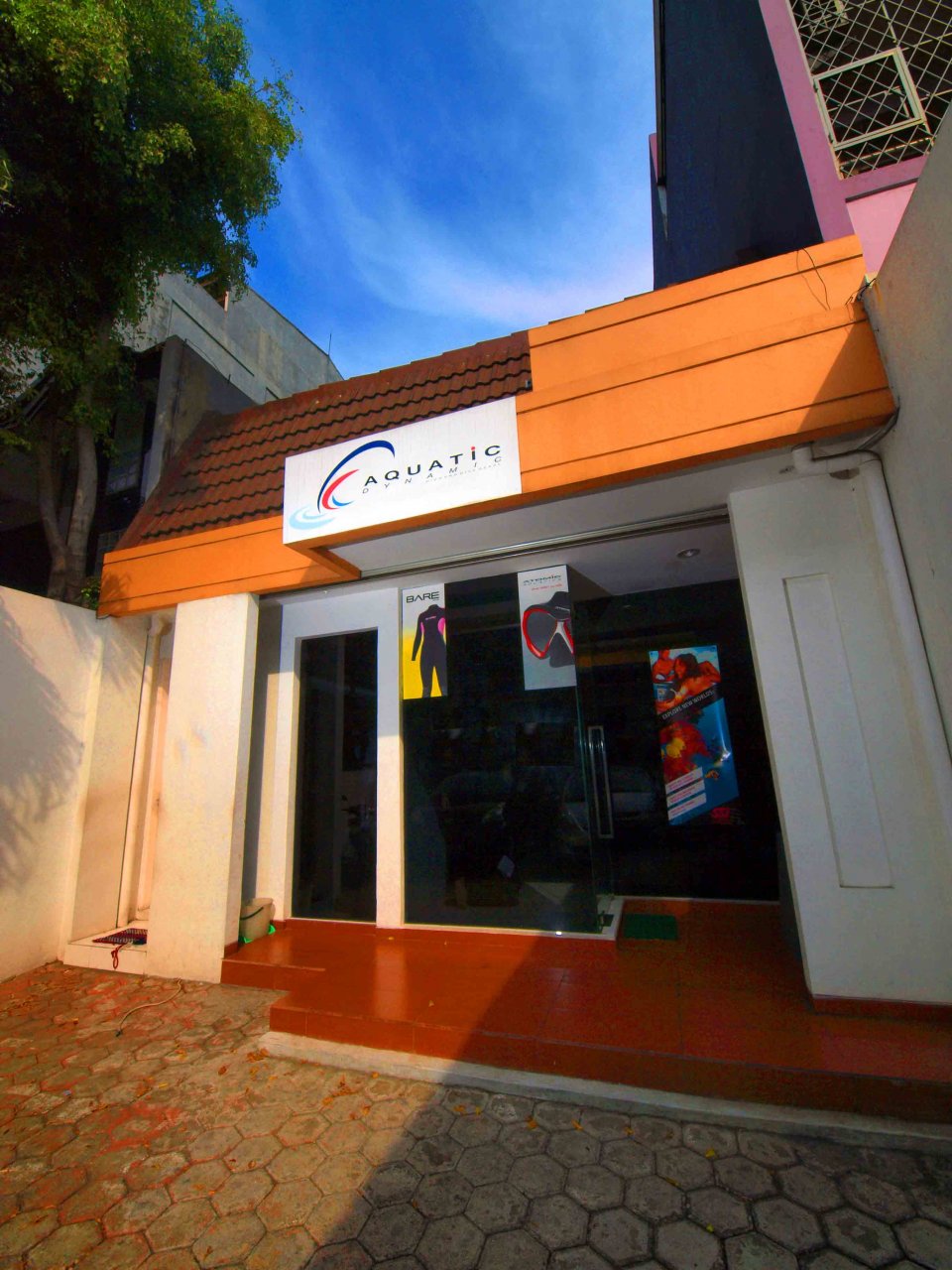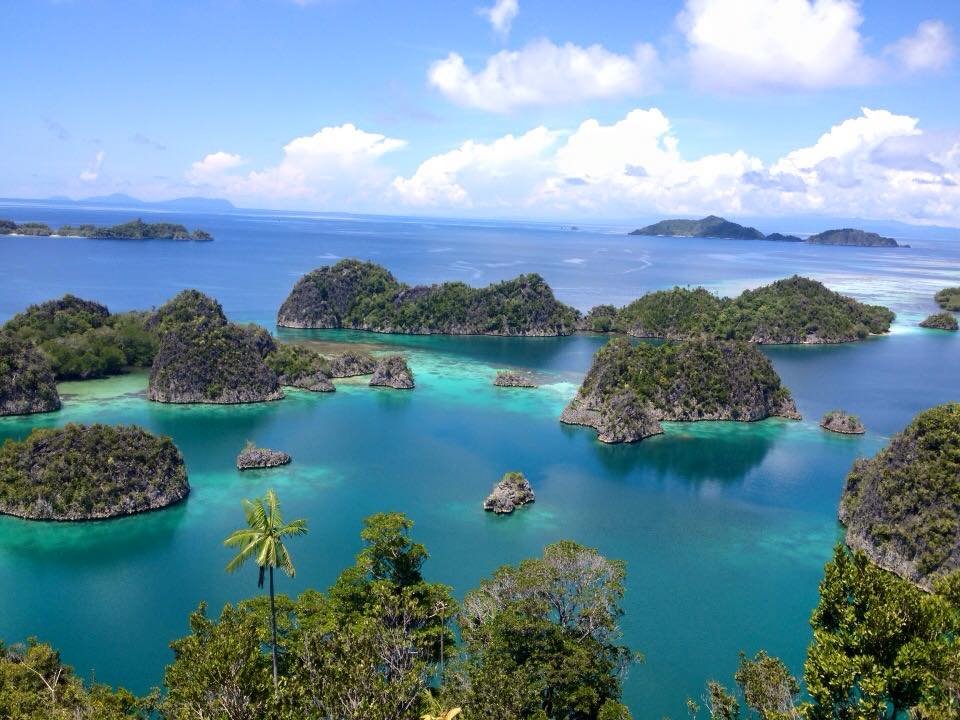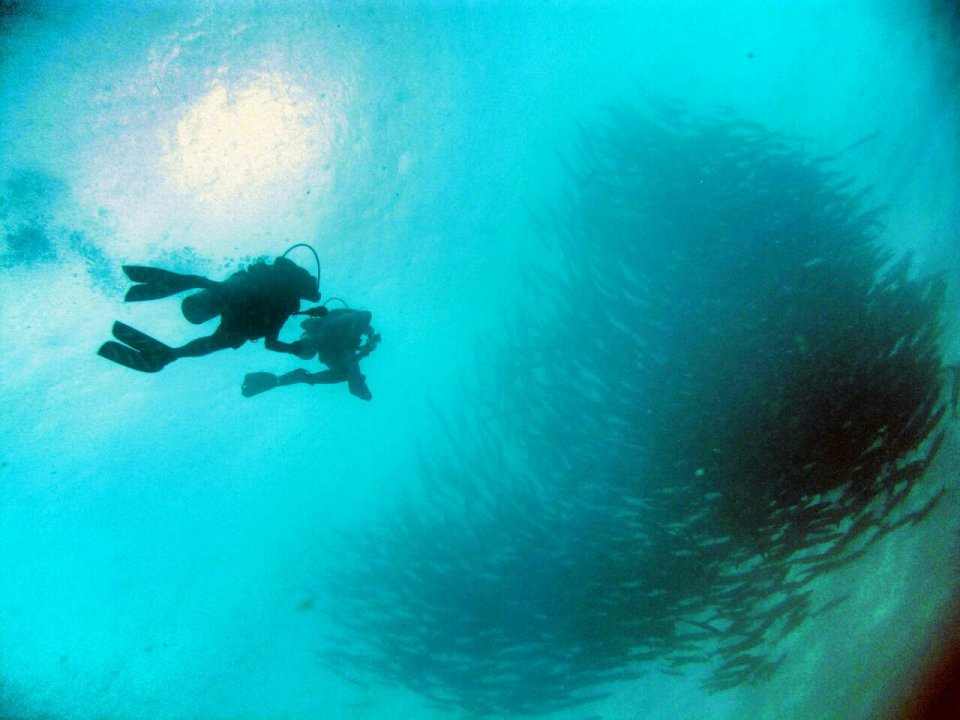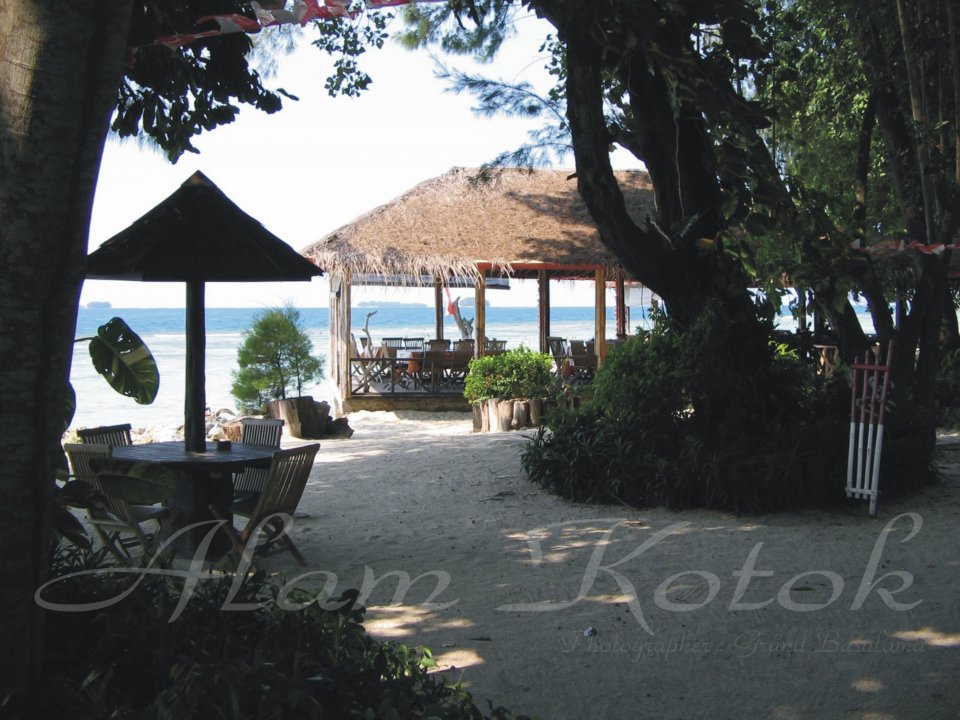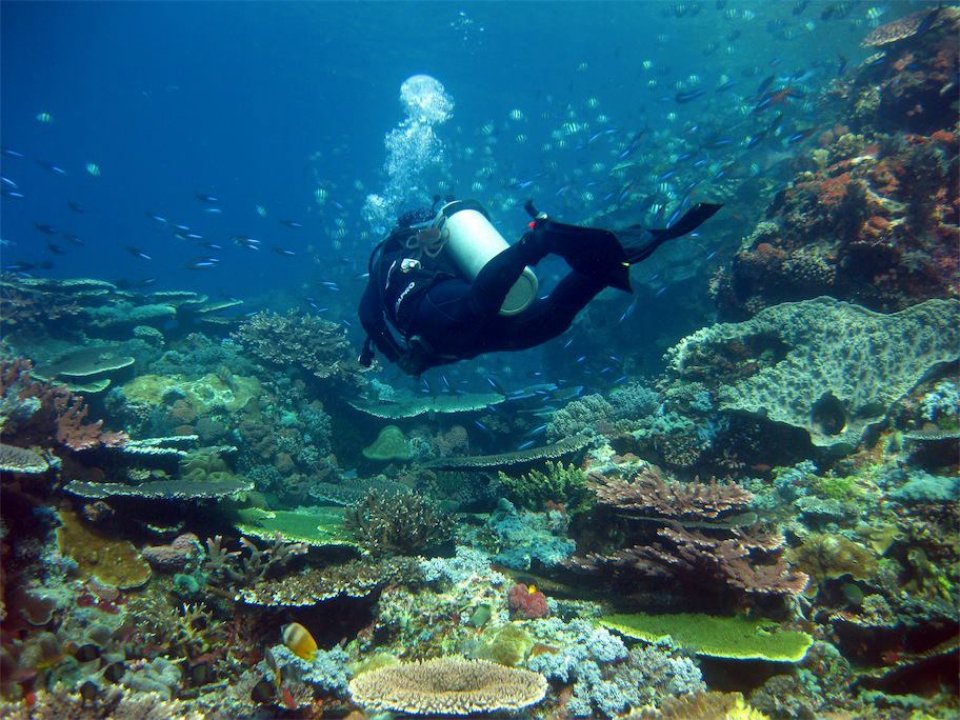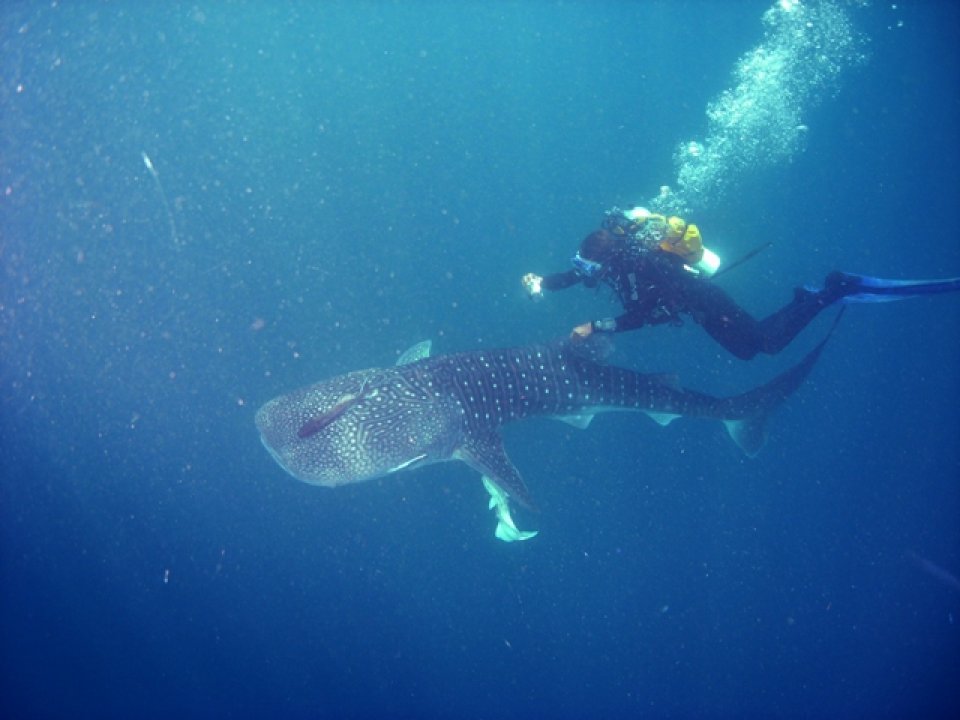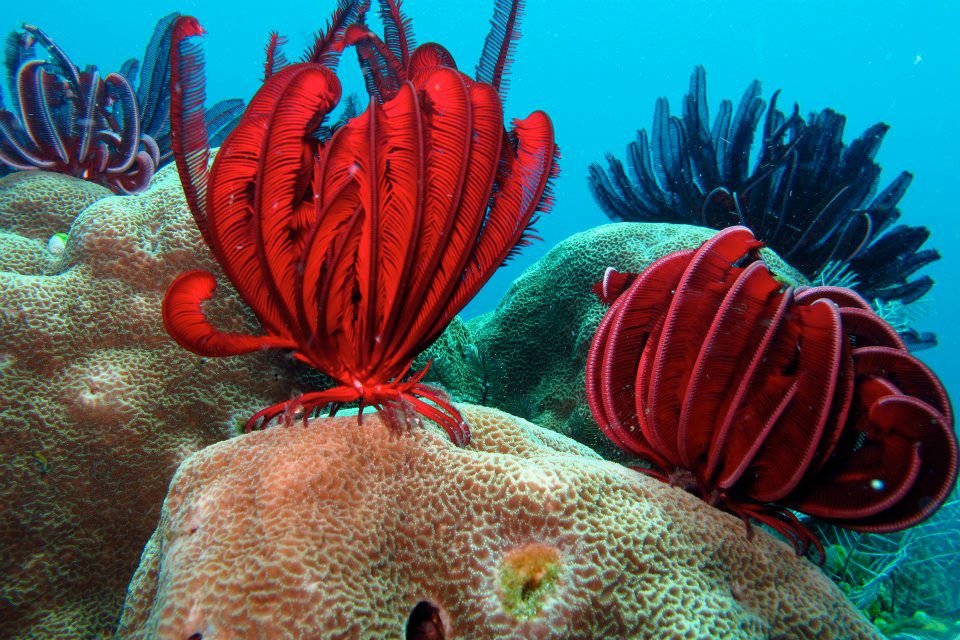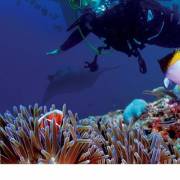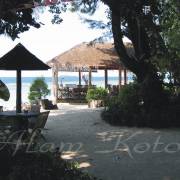Dive in Java
Diving packages in Java
-
Bali Diving
Diving Sun Fish Mola MolaJune - September season 6 days/6nightDay 1: arrive Day 2: Sunfish dive Day 3: Sunfish Clinic dive Day 4: Manta DiveDay 5: Relaxing Day 6: Return homeInclude:•Land and sea transport (speed boat) •PADI certified dive guide •Full set dive gear •Lunch and water •Beach towels •Diver Insurance •Local fees and…420 $ More Information -
Wakatobi Indonesia
Day 1:Airportpick up -checkin hotel – rest – intro dive or night dive (optional) – dinner in the hotel Day 2: breakfast – 4x dive in wangi wangi – night dive (optional) – lunch box – dinner in the hotel Day 3: Breakfast - dive in hoga island – lunch in hoga resort & sight seeing – if we have time we will visit bajo village – return to…345 $ More Information
Diving in Java

Scuba Diving Java invites to think of surreal volcanic underseascapes, surrounded by tunnels of fish.
The lesser-known side of Java offers the unique diving in waters west of the island. Here three main islands mark the remains of the mighty Krakatau. It is an underseascape of volcanic rock, so fissured and slabbed that some look like ancient ruins. The presence of hard coral and unexpectedly giant gorgonian draws jacks, fusiliers, Moorish idols, sharks and turtles.
Ujung Kulon National Park, a peninsula of Java, is another prime dive base. Rocks like underwater mountains rise to pierce the surface of the sea. These are patrolled by barracuda, bumphead parrotfish and turtles. For a dive with a difference, fin with schools of fish in tunnels leading to inland caves.
Pulau Seribu, literally the Thousand islands, are a popular divers' haunt, thanks to its easy access and the generous choice of dive sites among its islands. Divers are spoiled for services in resorts ranging from the plush to the basic and organized dive trips with local clubs and operators. Dives here feature excellent soft corals and fish life, and a number of wrecks.

Travel to Java

Java is an island of Indonesia and the site of its capital city, Jakarta. Once the centre of powerful Hindu kingdoms and the core of the colonial Dutch East Indies, Java now plays a dominant role in the economic and political life of Indonesia. Housing a population of 124 million, it is the most populous island in the world. Java is also one of the most densely populated regions on Earth.
Formed mostly as the result of volcanic events, Java is the 13th largest island in the world and the fifth largest island of Indonesia. A chain of volcanic mountains forms an east-west spine along the island. It has three main languages, and most residents are bilingual, with Indonesian as their second language. While the majority of Javanese are Muslim (or at least nominally Muslim), Java has a diverse mixture of religious beliefs and cultures.
